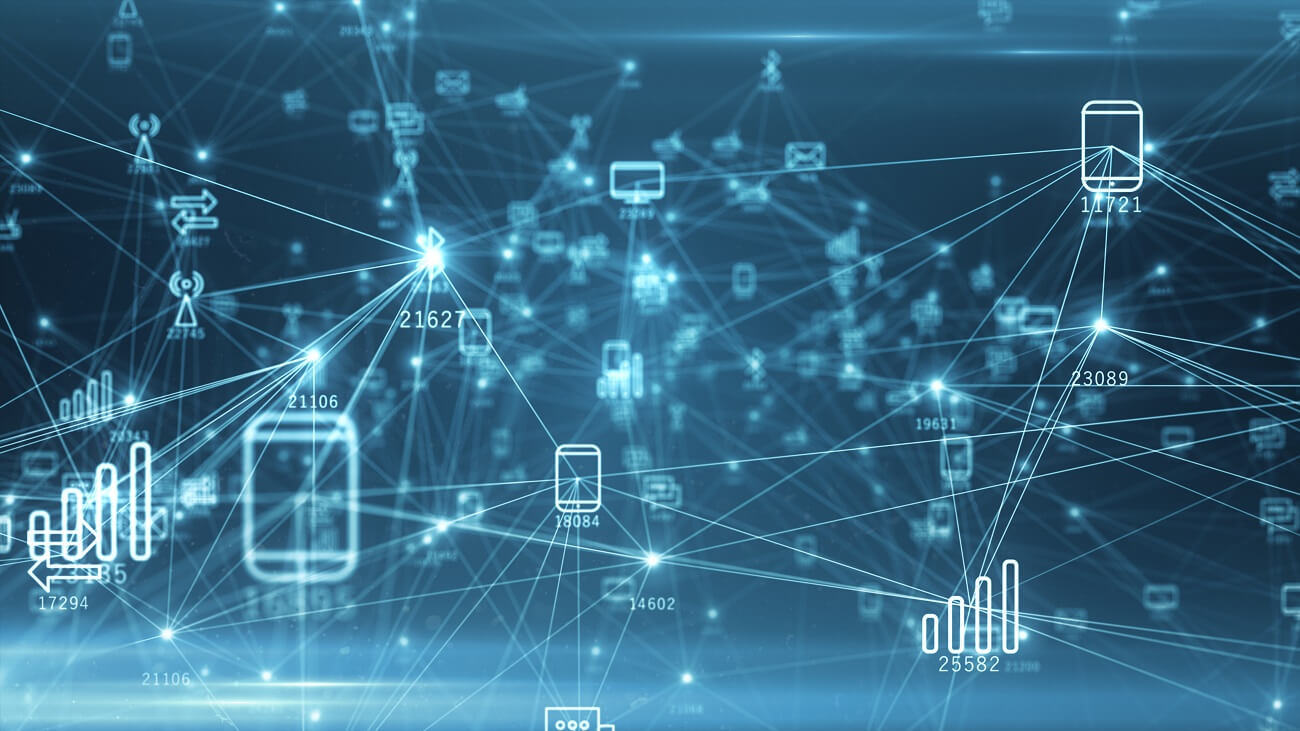What is the Internet of Behaviors (IoB)?
The Internet of Behaviors (IoB) is an extension of IoT that aims to understand the data aggregated by individuals’ online activity. The concept, still in its infancy, seeks to address the issue of understanding data properly and utilizing the insights to create new products. The idea of using data analytics to analyze consumer behavior isn’t something new. Several organizations across the world are already leveraging the power of data to analyze their customer’s preferences and behavior. So, what makes the Internet of Behaviors different?
IOB makes sense of the data and information exchanged via a network of interconnected devices, linking it to specific customer behaviors in terms of purchasing, product preferences, or following a brand on social media platforms. The Internet of Behaviors is a blend of data analytics, technology, and behavioral science. In other words, IoB tries to make sense of human behavior through data mining. According to researchers at Gartner, hardcore data analytics and understanding of behavioral science are required to support this concept.
This budding concept is a combination of existing technologies, such as location tracking, facial recognition, and big data that are individual-centric with the generated data and associates it with behavioral data including buying patterns and device usage. This data can be utilized by companies to influence human behavior. Today, brands have a better understanding about individuals – their likes, dislikes, purchasing behavior, way of living, etc. For example, Uber uses IoT data that includes information about travelers’ location, drivers, and ride preferences to improve customer experience.

Increasing Importance of Internet of Behaviors
Hitting the bull’s eye, IoB can play a significant role in re-defining the way sales and marketing teams work. It can become the ultimate weapon, helping organizations get in-depth and personalized understanding of their customers.
A/B testing, data analytics, SWOT analysis, social listening, and all the other tactics that organizations have been using until now, are a part of mapping the perfect customer journey and understanding individuals deeply. The Internet of Behavior will act like a missing piece, helping companies accelerate the process of curating the right customer journey. Companies can not only dig into past insights, but also guesstimate future behavior. The data aggregated by the IoT-enabled devices will become the foundation, on which organizations will build their marketing and sales strategies. Emerging as a new marketing frontier, companies can take their digital marketing game to the next level with IoB-data driven strategies to gain a competitive edge.
As brands learn more about their customers through IoT, they can impact their behaviors through IoB. For example, a health monitoring app on your smartphone or smartwatch tracks your sleep patterns, heart rate, diet, blood sugar levels, calories burnt, etc. By analyzing your activities, the app can suggest behavior modifications that can help an individual get a more positive outcome. For example, health insurance companies can use IoB to track physical activities like monitoring grocery purchases of an individual and allocate premiums: accordingly, the purchase of too many unhealthy products could result in higher premiums.
Behavior scientists and marketers believe that personalization plays a fundamental role in increasing the effectiveness of a service. As a result, customers would continue to engage with the service more. However, IoB can also be used to enhance overall public welfare by encouraging or discouraging certain behavior, for example, monitoring compliance with government-laid health protocols, especially during the COVID-19 pandemic. A tracking app on people’s smartphones can monitor their activities and locations to ensure that they are taking the necessary steps to minimize the risk of contracting the virus and are following social restrictions.
Benefits of Internet of Behaviors
- Analyzing customer’s purchasing behavior across platforms
- Gaining in-depth insights into the way customers interact with a product/service
- Gaining a better understanding of a customer’s buyer journey
- Targeting customers with personalized notifications and ads that can even alter their behavior
- Reimagining the way marketing and sales teams work
Applications of Internet of Behaviors
Improving travel booking experiences
By analyzing a user’s past online behavior and social-demographic characteristics, travel companies can provide dynamic offers and recommendations. An app called The Booking Experiences allows instant booking of venues and attractions in a specific location. To enhance the in-destination experience, the app continuously learns and analyzes the data to provide the traveler with personalized venue suggestions.
Accurate pricing of car insurance premiums
The challenges faced for optimizing the premium of a car insurance can be addressed with IoB. Customers can install an app that could gather information, such as the speed of the car, distance travelled, the time of the day the customer is travelling, etc. Car insurance companies can use this data to price the premium more accurately. This would imply that responsible drivers could pay lowest premiums. An example for this type of an app is the Aviva Drive app.










